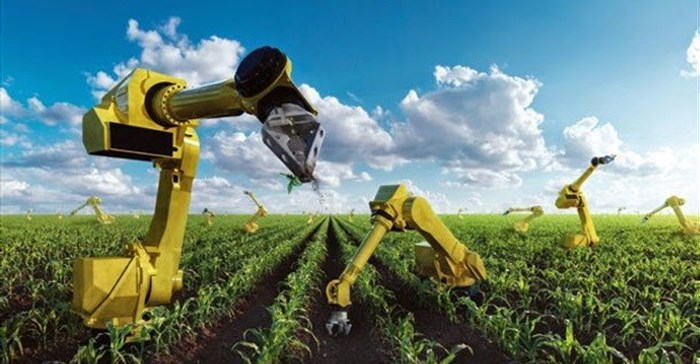Nigerian farmer Monica Maigari discussed the many obstacles she and other smallholder farmers face to obtain food security at the Food Security in Crisis panel at the 2016 World Food Prize Conference, says AgWeb.
According to Maigari, she and farmers like her have no modern tools, such as tractors, to efficiently and effectively cultivate crops. They also need assistance to obtain seed varieties that are resistant to disease and drought through better extension and training.
In the meantime, Maigari is filling the void for her community. As a 2014 Oxfam Female Food Hero, Maigari received training on how to get better seeds, when to pull weeds and when to apply fertiliser for maximum yields. She uses her training to educate other women on the best ways to farm.
But the farmers need more help, she said. Local markets don’t sell quality fertiliser, so farmers turn to fertiliser factories. These factories require buyers to purchase a large amount at one time, and most don’t have enough money to do so. “You have to buy about a truck,” Maigari said.
Many smallholder farmers also lack access to proper storage facilities. They often have to sell their harvest immediately because there’s no way to store the crops. “We sell it at a give-away price because if we try to keep it, it gets spoiled,” she said.
Despite these and other challenges smallholder farmers face, Sir Gordon Conway of the Imperial College London and moderator of the panel, said there are reasons to be optimistic. “We know a lot in terms of technology, we know a lot in terms of science… but what is crucially important, at least for Africa, is that the future of food security rests upon people like Monica,” Conway said.
Mahmoud Solh, the director general of the International Center for Agricultural Research in Dry Areas, agreed. “Farmers are very smart - no doubt about it, smarter than many of us scientists - and if you give them the right technology, they will use it very well.”
AgWeb


































